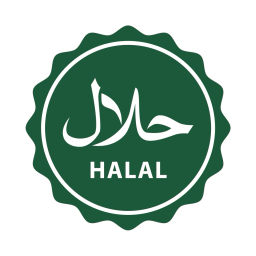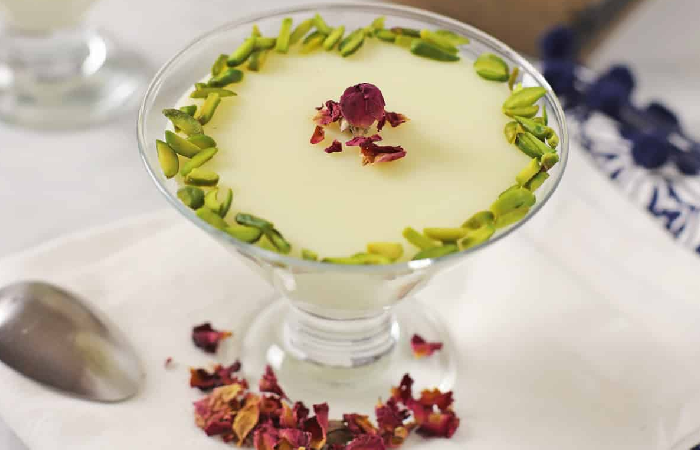Exploring Halal Korean BBQ: A Culinary Journey
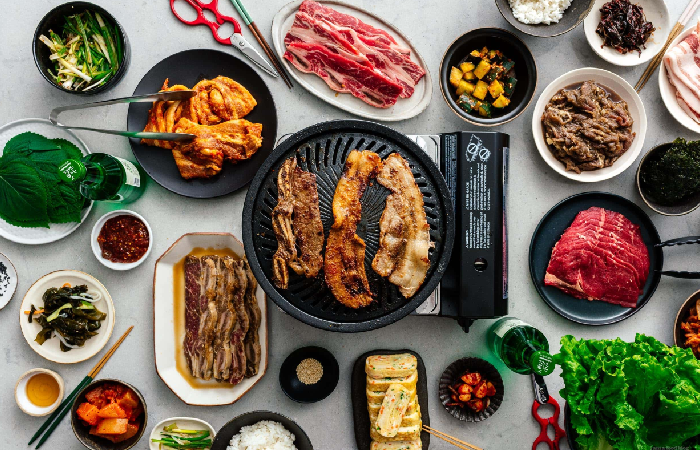
In Korean cuisine, grilling meat—typically beef, pork, or chicken—is known as "Korean barbecue". It is also known as "Gogi-gui". These meals are frequently cooked on charcoal or gas grills that are integrated into the dining table. Customers can use portable stoves on their tables at certain Korean restaurants that lack built-in grills. As an alternative, a chef makes dishes to order using a grill that is centrally exhibited.
Gogi-gui can be categorized into a number of different types. This is depended on marinated and unmarinated pork meals. Bulgogi, which is often cooked from thinly sliced marinated beef tenderloin or sirloin, is the most common type of gogi-gui. Galbi, is made with marinated beef short ribs. This is another well-liked variation.
Korean barbecue is well-liked in home country. Through Hallyu, sometimes referred to as the "Korean Wave" or the surge in popularity of Korean culture in the 1990s and 2000s, it became widely known throughout the world.
Significance of Halal Food in Islam
"Halal" is a phrase widely used in Arabic to denote permissibility or acceptance. Halal refers to actions and behaviors that are lawful under Islamic principles. "Haram" refers to actions or behaviors that are banned in Islam.
Halal food is any food that is considered permissible by Islamic law, as specified in the Quran. According to Islamic dietary regulations, all food and beverages are considered Halal unless explicitly disallowed.
These laws let Muslims all across the world identify which foods are Halal, allowing them to meet their dietary needs in conformity with Islamic teachings. Muslims worldwide embrace the Quran as the book of perfect direction and bearing for humankind, and it is the last revelation.
- Islamic scriptures such as the Quran and Hadith outline what foods are allowed (halal) and what is prohibited (haram). It is believed that Muslims have a duty to eat halal food in order to obey God.
- The emphasis of halal rules is on healthy, clean ingredients. This fits with the Islamic idea of tayyib, or cleanliness, which goes beyond eating to include every element of life.
- Animals are treated humanely and suffer as little as possible when slaughtered using halal protocols. This is in line with the compassionate teachings of Islam towards all living creatures.
Although halal regulations offer a framework, the idea inspires Muslims to choose their meals carefully, taking into account the product, origin, and effects of each item.

Understanding Korean BBQ
A mouthwatering culinary journey that satisfies the senses and leaves a lasting impression is provided by Korean BBQ. An immersive dining experience unlike any other is created by the flavorful banchan, the sizzling sounds of the meat on the grill, the rich marinades, and the shared wrapping and sharing ritual.
You may start your own Korean BBQ journey and bring the lively flavors and rich cultural legacy of this adored food into your home with these recipes and techniques. So assemble your loved ones, light the grill, and savor the deliciousness of Korean barbecue in the comfort of your own home.
Let's understand what is Korean Barbeque in detail. We will also learn if its halal and also easy ways of cooking this korean delicacy
What is Korean BBQ?
Korean barbecue, or KBBQ, is the name given to a cooking method in which marinated meats are used. Before grilling, the meat is marinated in a variety of seasonings. They consist of soy sauce, roasted sesame oil, and gochujang. In Korean BBQ restaurants, a gas or charcoal barbecue is frequently integrated into the table. Even while the dish itself has flavor, often the experience of making barbecue right at your table is more important.
Korean banchan, or side dishes, are served with Korean barbecue. Kimchi, vegetables, rice, pajeori, and other foods are among them. These are placed in little bowls that are positioned in the middle of the table. First course banchan is served by Korean chefs, who restock the dishes as the meal progresses to ensure that all diners have enough to eat.
Key Ingredients and Cooking Methods
Let us now understand the various types of Korean BBQ, its key ingredients and cooking methods:
Bulgogi
The famed Korean dish bulgogi has a centuries-old heritage. The basis of bulgogi was laid by grilling thinly sliced beef with a variety of seasonings during the Goguryeo period.
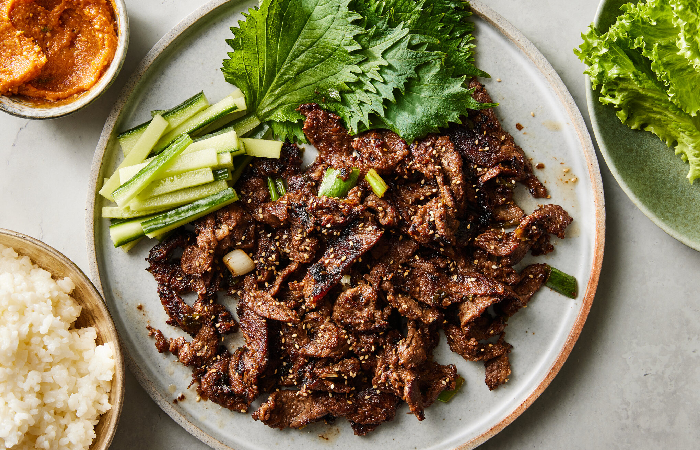
A delightful supper experience is enjoyed by the dish's tasty and tender grilled meat and well-balanced seasonings. Bulgogi encourages us to enjoy the rich history and mouthwatering flavors of Korean food, whether it is enjoyed at family get-togethers or in Korean BBQ restaurants.
Ingredients:
- 1 pound thinly sliced beef sirloin
- ¼ cup soy sauce
- 2 tbls sesame oil
- 2 tbls sugar
- 3 cloves garlic, minced
- 1 tbl grated ginger
- ¼ teaspoon black pepper
Preparation:
- To make the marinade:
- In a bowl, mix together sugar, sesame oil, black pepper, minced garlic, and grated ginger.
- Apply the marinade all over each thinly cut meat slice.
- After covering the bowl, refrigerate it for a minimum of thirty minutes or overnight.
- This will help the taste to enter the meat and make it delicious
Galbi
Galabi is a mainstay of Korean cooking. It has a long culinary history and holds great cultural value. The Joseon Dynasty is where it originated. This proves that Korean BBQ is a timeless favorite. Short ribs cooked over the barbecue bring out the soft, sensitive texture of the flesh. The ingredients include sugar, ginger, garlic, soy sauce, toasted sesame seeds, and sesame oil.
Galbi is still a representation of joy and peace in modern times. It is typically eaten on happy feasts, family get-togethers, and special occasions.
The meticulous marinating procedure combined with the grilled technique yields incredibly tender and tasty short ribs.
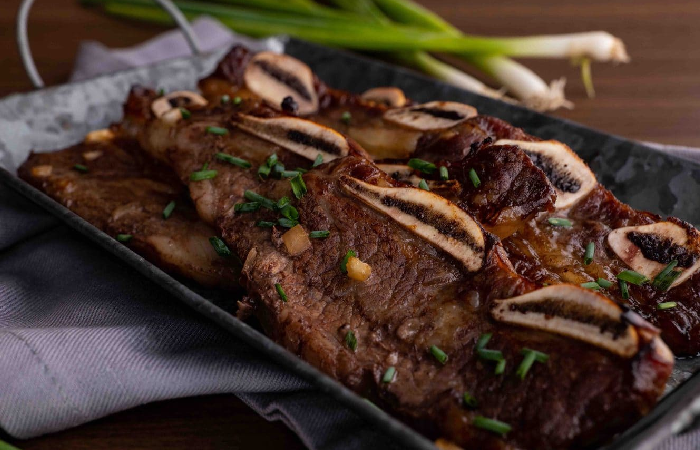
Ingredients:
- 2 pounds of small ribs of beef
- ½ cup sugar
- ½ cup soy sauce
- 2 tsp of sesame oil
- 3 minced garlic cloves
- 1 tablespoon of finely chopped ginger
- 2 tsp of sesame seeds, roasted
Preparation:
In order to make the marinade, mix together
- soy sauce,
- sugar
- sliced garlic
- grated ginger
- toasted sesame seeds
- and sesame oil in a bowl
- Add the beef short ribs to the marinade
- Make sure they are thoroughly covered
- Cover the bowl and chill it in the refrigerator for an hour or overnight
- This will ensure that the flavors enter the meat well
Dak-galbi
Dak-galbi, or marinated chicken is a tasty Korean cuisine. It is rather an art of how to perfectly marinade and prepare chicken. To make thin, bite-sized pieces, marinade the chicken thighs with garlic, ginger, gochujang (a hot Korean sauce), honey, and sesame oil. The moist texture of chicken thighs after the mariantion results in a very delicious BBQ dish.
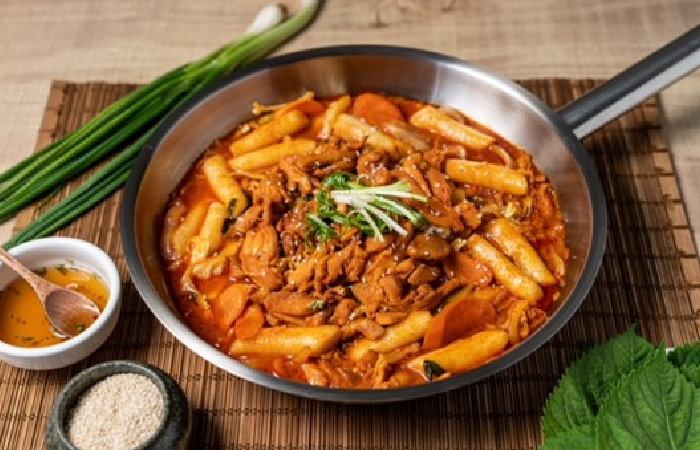
Dak-galbi has cultural importance beyond only its flavor; it represents the sense of community and shared meals.
Ingredients:
- 1 pound of skinless, boneless chicken thighs, diced into bite-sized pieces
- 1/2 a cup of soy sauce
- 2 teaspoons of gochujang, a spicy Korean paste
- 2 tsp honey
- 2 tsp of sesame oil
- 3 minced garlic cloves
- 1 tablespoon of finely chopped ginger
Preparation:
- Combine soy sauce
- Gochujang
- Honey
- Sesame oil
- Chopped garlic
- and grated ginger in a bowl to create the marinade.
- Ensure that every part of the meat is properly covered.
- Add the pieces of chicken thighs to the marinade,
- Cover the bowl and refrigerate for at least 30 minutes or up to 2 hours
- This will allow the flavors to meld harmoniously.
Setting Up the barbecue:
A charcoal barbecue is the best option for a true Korean BBQ experience. Even so, an electric or gas barbecue can produce excellent results. To get the grill ready, do the following:
- Make sure the grill grates are completely clean to get rid of any residue from past usage.
- Heat the grill to a temperature of 350–400°F, or medium-high (175-200°C).
Grilling Techniques:
To create the ideal Korean BBQ, you must become proficient at grilling. Make use of the subsequent methods:
When making bulgogi or samgyeopsal, thinly slice beef or pig and cook it on a grill over high heat, turning it once or twice until it's cooked through and starting to caramelize. With a hint of burnt taste, this technique guarantees juicy, soft meat.
To make thick cuts, like galbi, which is moister and softer, they should be cooked over an extended period of time at a lower temperature. Basting the meat with the marinade during grilling creates a thick coating and enhances the tastes.
Side Dishes
- Kimchi: It is fermented cabbage with a zesty and spicy flavor that goes well with grilled meats.
- Pickled Radish: Serving pickled radish is a great way to cleanse your palette. It breaks up the texture of the rich pork morsels. It is crisp and somewhat sweet.
- Bean Sprout Salad: A light, crisp salad that gives your BBQ experience a delicate nutty flavor and refreshing crunch.
- Sesame-Garnished Spinach: The subtle, nutty flavor of sesame-garnished blanched spinach is served.
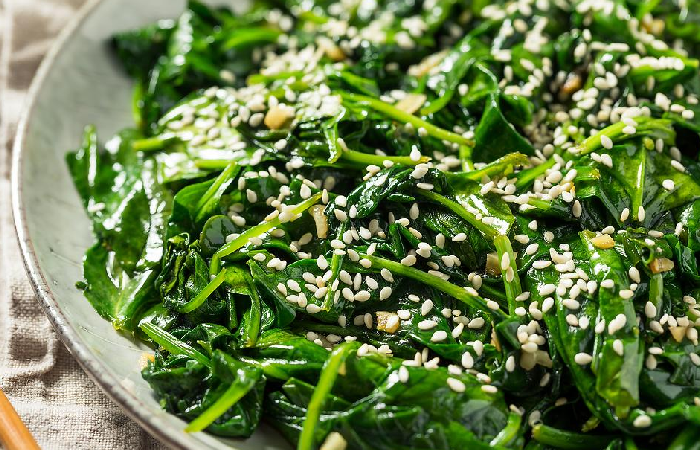
- Seaweed seasoned: Seasoned seaweed has a distinct flavor and texture that goes well with grilled meats. It is somewhat salty and full of umami.
Cultural Significance of Korean BBQ
History: The grilling practices of the Goguryeo Dynasty (37 BCE–668 CE) are whence Korean barbecue originated. It displays the evolution of Korean cuisine and emphasizes the use of premium, freshly sourced ingredients cooked over an open flame.
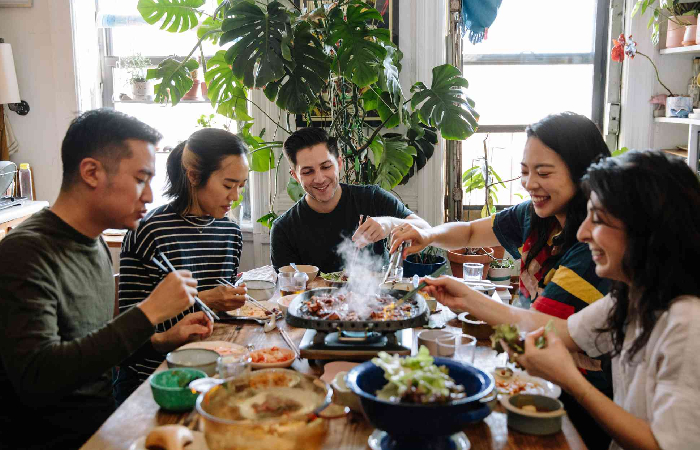
Cultural Identity: Korean BBQ embodies aspects of Korean culture, such as the importance of dining together, respecting elders, and enjoying delicious, expertly cooked food. It becomes a way to respect and establish a connection with one's Korean cultural background.
- Korean BBQ has significant cultural value that extends beyond its historical roots. It is a social gathering that does more than simply serve food.
- Cooking and sharing food while gathered around a grill promotes a sense of community and fortifies social and familial ties.
- In Korean culture, the value of community and shared experiences is reflected in Korean BBQ, which personifies the spirit of "jeong" (affection and close connection).
Halal Perspective on Korean BBQ
Let's now understand if Korean BBQ is halal or not?
Is Korean BBQ Halal?
Depending on the restaurant and the way the food is prepared, Korean barbecue may be halal or not. This is the reason why:
-
Meat Source: Halal meat needs to be slaughtered in accordance with Islamic law. It calls for certain prayers and quick, humane techniques.
-
Ingredients: Alcohol and non-halal soy sauce sources are examples of non-halal components. They may be found in the marinades and sauces used in Korean barbecue.
Halal Certification and Korean BBQ Restaurants
Seek for Halal Certification: Establishments that have received halal certification from respectable organizations guarantee that their products and cooking techniques adhere to Islamic dietary regulations.
Consult the eatery: Never be afraid to ask them directly if their meat and components are halal. Numerous Korean BBQ establishments can explain their procedures and accommodate a range of dietary requirements.
Search Online Resources: Depending on your area, you can look for halal restaurants, including Korean BBQ, using websites and applications like Zabihah.com or HalalTrip.
-
Organizations that certify halal food in many nations provide symbols or other marks that eateries that adhere to their requirements can display. Check online directories, the restaurant's website, or its physical location for these logos.
-
Online reviews on Yelp and Google Maps can indicate whether a Korean BBQ restaurant is suitable for Halal food. Seek testimonials from clients who expressly address halal options or their encounters with halal practice inquiries.
It may take some more work to find halal Korean BBQ, but with these tips and a little study, you can still follow your dietary restrictions and enjoy this delectable and communal dining experience.
Ensuring Halal Practices in Korean BBQ
- Look for Korean BBQ restaurants that have been certified halal. This offers the strongest assurance that their meat, ingredients, and cooking techniques adhere to Islamic law.
- If certification is not available, find out the restaurant's halal policies by giving them a call or going in person. Find out where their meat comes from, what goes into their marinades, and whether they use any cleaning or cooking supplies that contain alcohol.
- When ordering seafood BBQ alternatives, such as marinated and grilled fish or shrimp, make sure you eat food that is derived from halal sources.
- Try vegetarian dishes like kimchi pancakes or japchae, which are glass noodles flavored with veggies.
- Certain dipping sauces could have elements that aren't halal. Choose alternatives like basic sesame oil and salt for dipping, or inquire about the contents.
- Muslim customers' preferred Korean BBQ places are more likely to accommodate halal diets.
- Bring your own halal-certified soy sauce or dipping sauce if you're not sure if the sauces are halal.
Exploring Halal Korean BBQ Options
There are a lot of non-halal ingredients in Korean BQ which makes it haram. To enjoy this delicacy it is extremely important to seek halal alternatives to these non-halal items. Let us understand them in detail.
Halal Alternatives to Non-Halal Ingredients
The following are some typical non-halal components of Korean BBQ along with their halal substitutes:
Pork: is a non-halal ingredient. Beef, lamb, chicken, and seafood (fish, shrimp, etc.) are the halal alternatives. The meats are slaughtered in accordance with halal regulations, that are acceptable in Islam.
Non-Halal Soy Sauce: can be altered by soy sauce bearing a halal certification emblem or branded "halal". These days, halal soy sauce may be found at most major grocery stores.
Alcohol: is the non-halal component. Brown sugar, honey, fruit juices, (in marinades) can be used. These components can provide marinades richness and complexity.
Mirin: is non halal. Brown sugar, dates, and maple syrup can be used as alternatives. These are comparable to mirin in terms of sweetness and flavor intensity.
Non-Halal Broth: (in soups or dipping sauces) Make use of a high-quality vegetable broth that halal authorities have approved. You can also use spiced and herb-infused water.
Pork-Based Broth: (in kimchi) is non-halal. Fish Sauce from halal sources can impart umami flavor akin to pork broth. Since kimchi is often vegetarian, you can get pre-made kimchi without the pork broth.
By making these changes you are sure to make the BBQ in Korean style, which is halal and can be enjoyed without hesitation.
Halal Korean BBQ Restaurants Around the World
Halal Korean BBQ restaurants in different parts of the world:
South Korea
-
Yang Good BBQ
Address: 15, Nonhyeon-ro 95-gil, Gangnam-gu, Seoul, South Korea -
The Halal Guys Itaewon
Address: South Korea, Seoul, Yongsan-gu, Itaewon-ro, 187
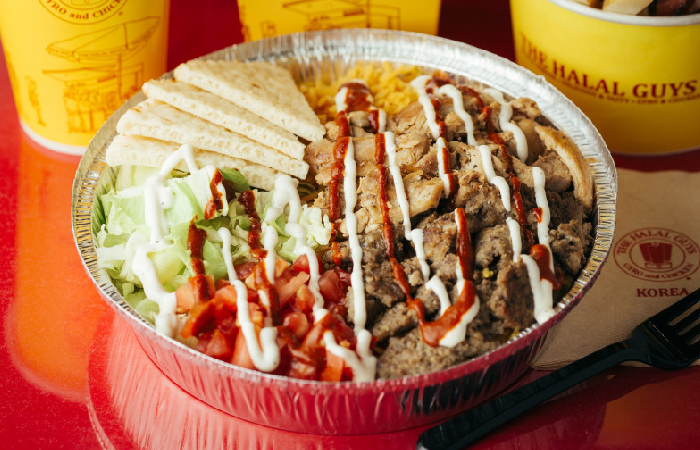
-
Halal Kitchen Korea
Address: 86-2 Samcheong-ro, Samcheong-dong, Jongno-gu, Seoul, Republic of Korea, South Korea -
Hajj Korea Halal Food
Address: South Korea, Seoul, Yongsan-gu, Hannam-dong, Usadan-ro 10-gil -
Makan Halal Restaurant
Address: 52, Usadan-ro 10 gil, Yongsan-gu, Seoul, South Korea 140-911
Malaysia
-
HAN Modern Korean Grill
Address: Menara Hap Seng, 1, Jalan P. Ramlee, Kuala Lumpur 5025
Hours: 11:30 AM - 2:30 PM, 5:00 PM - 10:00 PM -
Gangnam88 Korean BBQ
Address: LG-Komune Living & Wellness Pop-Up Booth Jalan Tasik Permaisuri
Opening Hours: 10:00 AM - 8:00 PM, 10:00 AM - 09.00 PM -
Da On Fine Korean Cuisine2
Address: Lot 6.40.00, Level 6 Pavilion Kuala Lumpur 55100
Opening Hours: 11 AM - 10 PM
London
- Kalbi Korean BBQ:
1-2 Rosebery Ave, Rosebery Avenue, London EC1R 5HP
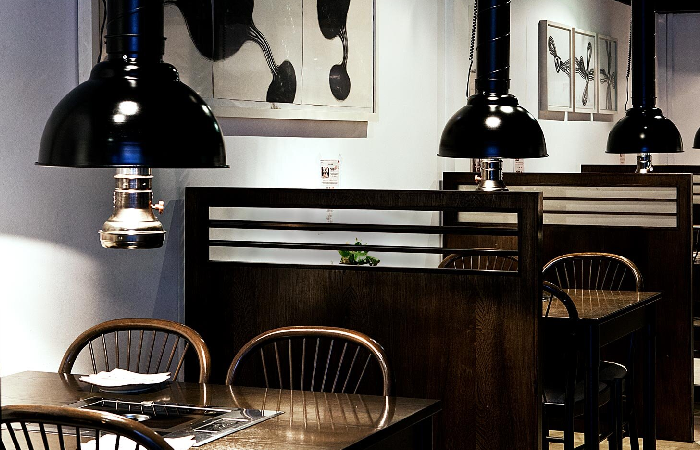
-
Korean BBQ Dosirak:
Railway Arches, Dunbridge St, London E2 6JG -
Korean BBQ & Vegan:
5 Mile End Road, London E1 4TP -
Bari Bari:
24 Whitechapel Lane, London E1 7QR
Australia
New york
- Eatzy Thai
33-09 Broadway
Queens, NY 11106
California
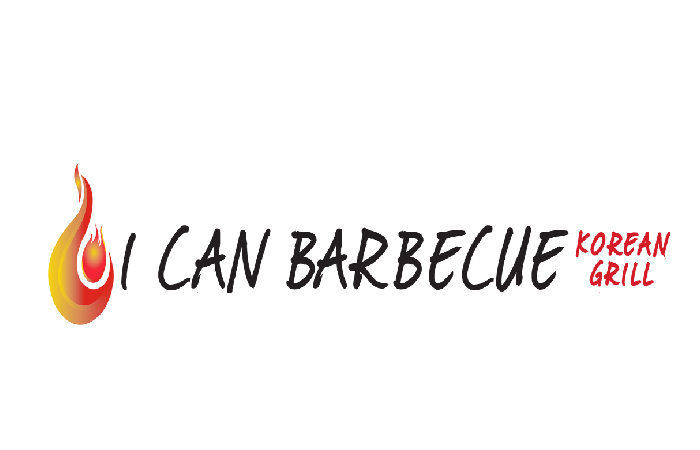
Pakistan
- Magal Pakistan
Magal is located at 11-C, Murtaza Commercial, Lane No 2, Phase 8, DHA. , Karachi, Pakistan, 75500.
DIY Halal Korean BBQ Recipe
The main ingredients and basic preparation of different types of Korean BBQ is given above. We will learn the preparation of halal Bulgogi in detail here:
Bulgogi Beef with Soy Sauce (Halal)
The taste of this traditional Korean BBQ marinade is savory and sweet. It is, ideal for thinly sliced beef.
Ingredients:
- One pound of thinly sliced, boneless beef
- 1/4 cup soy sauce (halal)
- One-fourth cup of brown sugar
- two teaspoons of finely chopped garlic
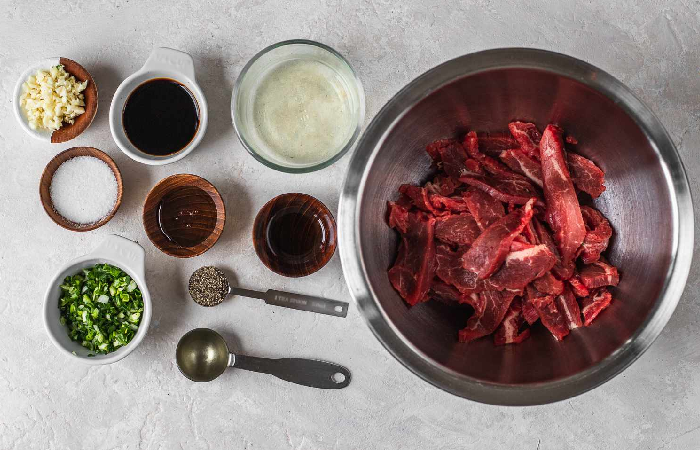
- One tbsp of finely chopped ginger
- One tbsp of sesame oil
- One tbsp of rice vinegar, if desired
- half a tsp of pepper, black
- 1/4 tsp gochugaru, or Korean chili flakes (optional; adds a little spiciness)
- Sesame seeds, optional garnish
Preparation:
- The halal soy sauce, brown sugar, ginger, garlic, and sesame oil, along with the black pepper, Korean chili flakes, and rice vinegar (if using), should all be mixed in a big dish.
- To dissolve the sugar, thoroughly mix the ingredients.
- Add the meat to the marinade. To make sure the meat is coated evenly, turn it over.
- Cover the bowl and chill for up to one night for an even more strong flavor.
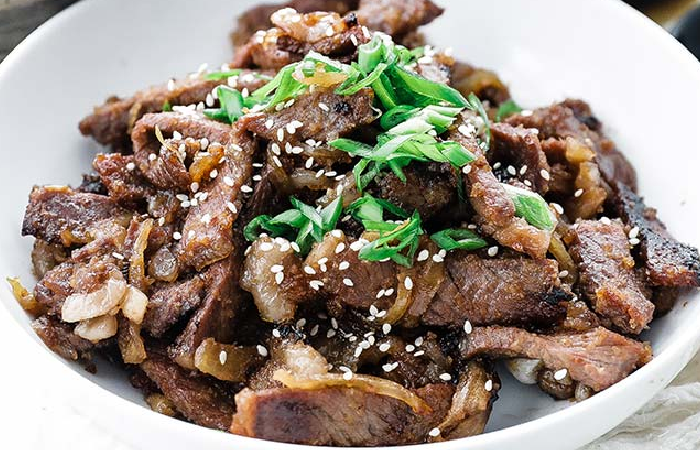
- If you are in a rush, leave it for at least thirty minutes.
- Set the temperature of a grill or grill pan to medium-high.
- Remove the steak from the marinade.
- Let any extra marinade drip off.
- Grill the steak for two to three minutes on each side, or until it is cooked to your liking.
- Along with rice, lettuce wraps, dipping sauces, and your favorite kimchi, serve delicious Korean BBQ.
- Add sesame seeds as a garnish (optional).
Enjoy your homemade halal Korean dish!!!!
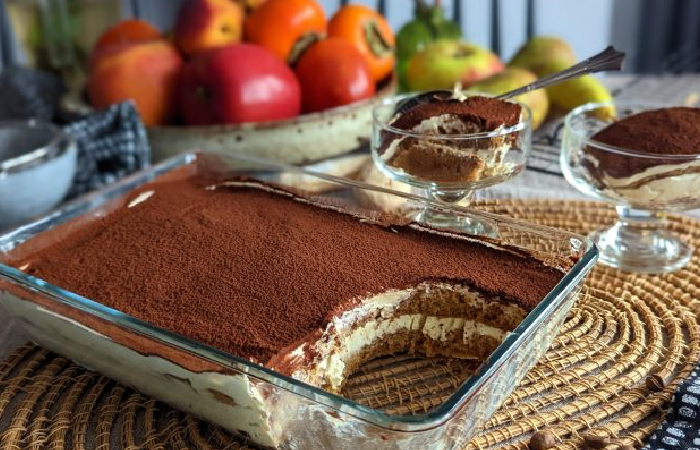
Health Benefits of Halal Korean BBQ
Making conscious Korean BBQ choices and selecting halal ingredients may have some positive health benefits.
Humane Slaughter Procedures: The quick and painless processes used in halal slaughter are thought by some to improve the quality of the meat.
stronger Quality Control: Although laws differ, some halal certification organizations have stronger criteria for meat quality control, which may result in less growth hormones or antibiotics being used in halal meat than in meat from conventional sources (further research is needed on this).
Let's understand the nutritional value and possible health benefits associated with them.
Nutritional Value of Halal Ingredients in Korean BBQ
It is challenging to determine the precise nutritional value of a Korean BBQ. It depends on the particular items selected. But let's examine the common halal components of Korean BBQ and their overall nutritional value:
Halal Meats:
Beef: It is a good source of iron, protein, and vitamin B12. Less fat is present in lean cuts.
Lamb: Has a higher fat content than beef. But the same amount of iron and protein compared to beef. For a healthy choice, go for lean cuts.
Chicken: is a good source of lean protein and has less fat.
Seafood: Depending on the type, seafood (shrimp, fish) is a great source of protein. It is low in fat, and high in omega-3 fatty acids.
Halal Marinades:
- Soy Sauce: Halal soy sauce has a high salt content. It can provide some B vitamins and protein.
- Honey: is an antioxidant-rich natural sweetener.
- Brown Sugar: In addition to its sweetness, brown sugar contains trace amounts of calcium and iron.
- Ginger and Garlic: Antioxidants are abundant in garlic and ginger, two foods with potent flavors. Their calorie count is less.
- Sesame oil: An excellent source of unsaturated fats. It has a high-calorie level, use it with caution.
- Gochujang, or Korean chili paste: has a spicy flavor, and provides probiotics.
Banchan:
- Kimchi: is often low in calories and fat but high in fiber and probiotics. Depending on the recipe, it could include a lot of sodium.
- Pickled vegetables: are low in fat and calories. But depending on the pickling solution, they may contain a lot of sodium. A few minerals and vitamins are present.
- Seasoned bean sprouts: are high in fiber and plant-based protein. Low in calories and fat.
Healthier Cooking Methods for Halal Korean BBQ
A healthy and filling Korean BBQ dinner can be prepared with halal ingredients. Here are some suggestions for a more healthier meal:
- Lean Meat: Make lean protein sources a priority by selecting lean chicken, lamb, or beef cuts. Choose seafood products, such as shrimp or fish.
- Restrict processed foods: Do not use processed meats, such as luncheon or sausage meats, which certain restaurants may serve.
- Marinades contain sugar and sodium in addition to flavor. Use them less or think about healthier ones that have less added sugar.
- Eat a lot of veggies: Kimchi, pickled vegetables, and other vegetable side dishes contain a lot of vitamins, and minerals.
.
Remember that moderation is crucial. Halal components may be rich in some elements like fat or sodium. Savor the mouthwatering flavors of Korean barbecue while choosing wisely to ensure a fun and healthful experience.
Cultural Fusion: Halal Korean BBQ
Halal cuisine and Korean BBQ are two rich culinary traditions. They are exemplified by the notion of Halal Korean BBQ. Let's take a deeper look:
Halal cuisine places special emphasis on the ingredients and techniques of slaughter that adhere to Islamic dietary requirements. It combines a wide range of culinary inspirations from different parts of the world.
Gogi-Gui, or Korean BBQ, is a communal meal. It involves grilling marinated meat at the table. It has strong flavors and a wide selection of banchan (side dishes).
By fusing these components, Halal Korean BBQ creates a distinctive dining experience that honors the essence of Korean BBQ while accommodating Muslim patrons.
Halal-Style Revisions of Classic Korean Barbecue Recipes
Here's how some classic Korean BBQ recipes are modified to make them Halal:
Meat
- Swap out pork for halal-certified beef, lamb, chicken, or shellfish.
- Think about going vegetarian with dishes like kimchi pancakes or japchae, which are glass noodles with vegetables.
Marinades:
- Steer clear of alcohol, non-halal soy sauce, and other forbidden components.
- To create similar flavor profiles, use spices, halal soy sauce, brown sugar, honey, and fruit juices.
Soups and Salted Oils:
- Use Vegetable Broth Base in place of non-halal broths that are typically used to make dipping sauces or kimchi.
- For dipping, choose gochujang (Korean chili paste), sesame oil, or soy sauce with halal certification.
Halal Korean BBQ Etiquette
Dining Etiquette in Korean Culture
Halal Korean BBQ restaurants follow the same eating etiquette as Korean restaurants:
- Show respect for senior citizens by letting them cook and eat first when you are dining with them.
- The Korean BBQ is a shared experience because "Sharing is Caring." Distribute the grilling duties among yourself and serve others at the table with grilled meat.
- You may order à la carte and split the cost with your group at certain Korean BBQ establishments. If there are any questions, talk about payment in advance.
- As in other cultures, don't use your phone excessively at the table, look people in the eye when speaking, and don't be loud or unruly.
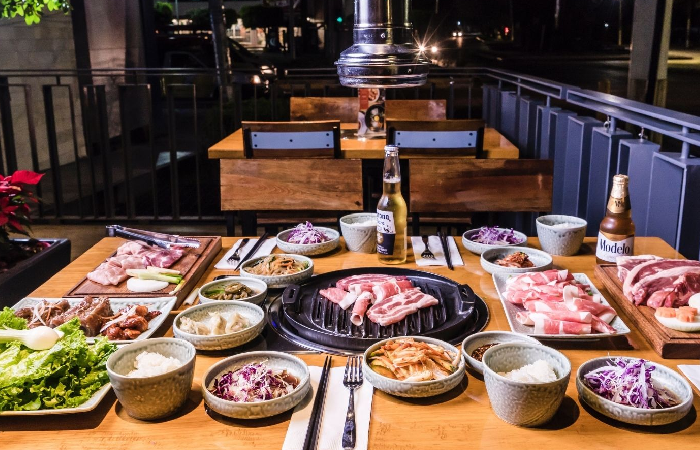
Behaving With Respect at Halal Korean BBQ Establishments:
- Be mindful of your table etiquette by clearing up spills, chewing quietly, and not talking with your mouth full.
- Pay attention to other diners, particularly when it's busy. Don't hog too much room and keep noise levels in check.
- Recognize the restaurant's attempts to offer halal food. Think about giving the personnel a favorable rating or thanking them.
- Maintain a spotless environment at the table. Be mindful not to litter and dispose of rubbish correctly.
- If you wish to pray during your meal, politely excuse yourself and find a suitable space.
Frequently Asked Questions
Common Queries About Halal Korean BBQ
What distinguishes traditional barbecue from Korean barbecue?
Americans tend to like smokey American barbecue with a vinegar-based sauce concentration, whereas Koreans like their marinades are more savory-sweet. The ingredients that are most frequently utilized are sugar, honey, garlic, soy sauce, and sesame oil. Some, like sesame and soy sauce, are specific to Asian cooking because of their origins.
Why is Korean barbecue so well-liked?
In addition to being a popular food in Korea, Korean BBQ is still a major component of Korean culture worldwide. Its distinct flavor and versatility in cooking techniques have contributed significantly to its popularity.
What is the Korean halal food mark?
Restaurants in Korea that sell halal meat bear the crescent moon mark, a worldwide accreditation accepted by the Muslim community.
Is it easy to find Halal cuisine in Korea?
There are halal restaurants, mainly concentrated in Seoul and other major cities with sizable Muslim populations.
Conclusion
Our experience with Halal Korean BBQ demonstrated the mouthwatering blend of tastes and the lively social atmosphere it provides. It also emphasized how crucial it is that we continue to follow Halal guidelines while selecting our foods.
We can expand our culinary horizons and connect with our faith while also savoring distinctive flavors when we embrace Halal culinary experiences. Thus, what better way to explore the universe of delectable possibilities than to set out on your own Halal culinary adventure?


